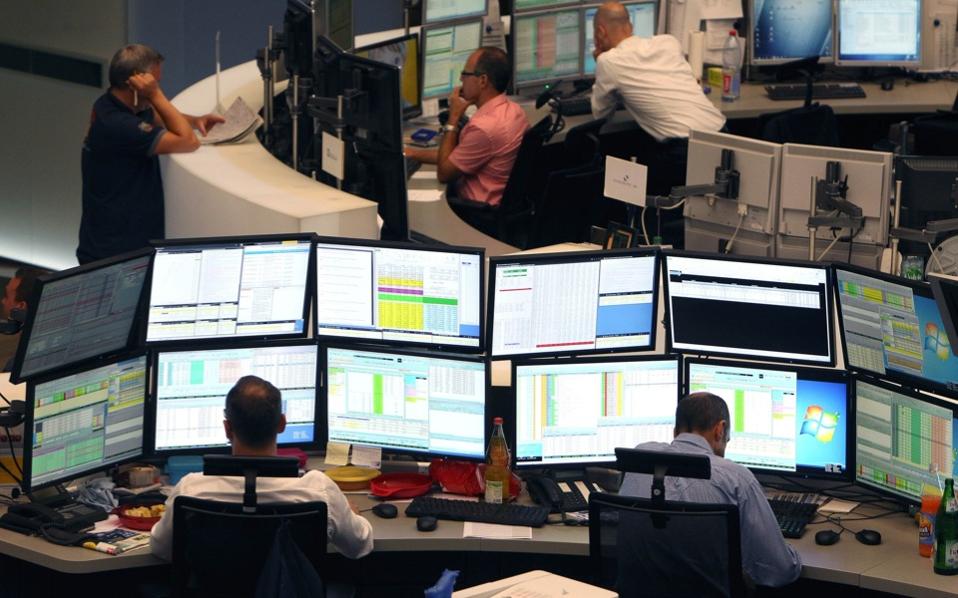CDS trading points to reduced country risk

Greek credit default swaps (CDS) surprisingly represent the second most active market in Europe this year, after Italy’s. However, the flurry of transactions for the CDS notes – that bank on a Greek bankruptcy – does not denote a rebound in fears of a default – quite the opposite in fact.
While the spread of the five-year CDS has shrunk to a historic low of 150 basis points – just 20 bps above Italy’s – the activity of Greece’s credit default swaps has peaked as there are many sellers and buyers.
After seeing a turnover of close to zero in the last three years, the Greek CDS market has recorded an average of $260 million per week this year, while in some weeks it has reached $700 million, with Greece accounting for 10 percent of the volume traded in the European CDS market.
As Citigroup explains in an analysis, the activity over a country that has minimized its risk is because hedge funds are eager to sell their CDS notes and banks want to buy them: Hedge funds are closing their short positions in Greece, maintaining their long positions instead, as they see that the political and fiscal concerns have eased. Banks, on the other hand, have considerable exposure to Greece through sovereign and corporate debt purchases and are keen to hedge it through buying CDS notes.





